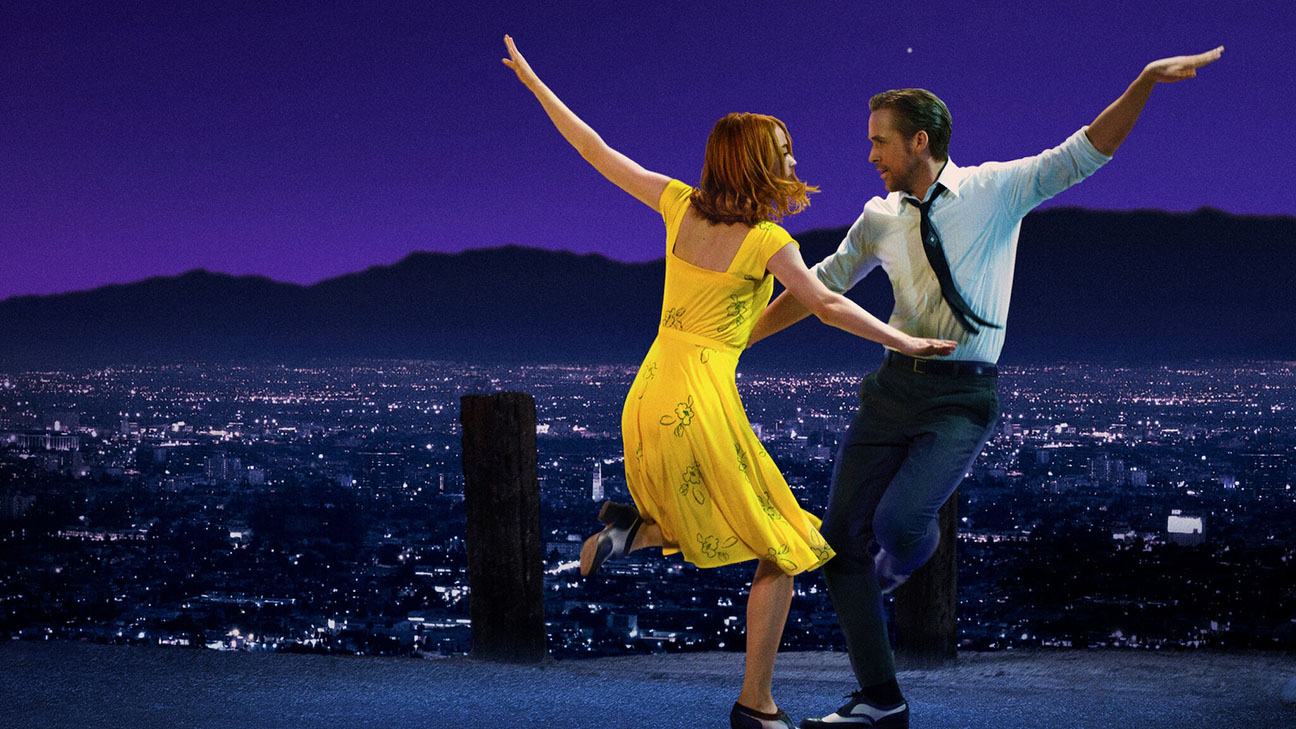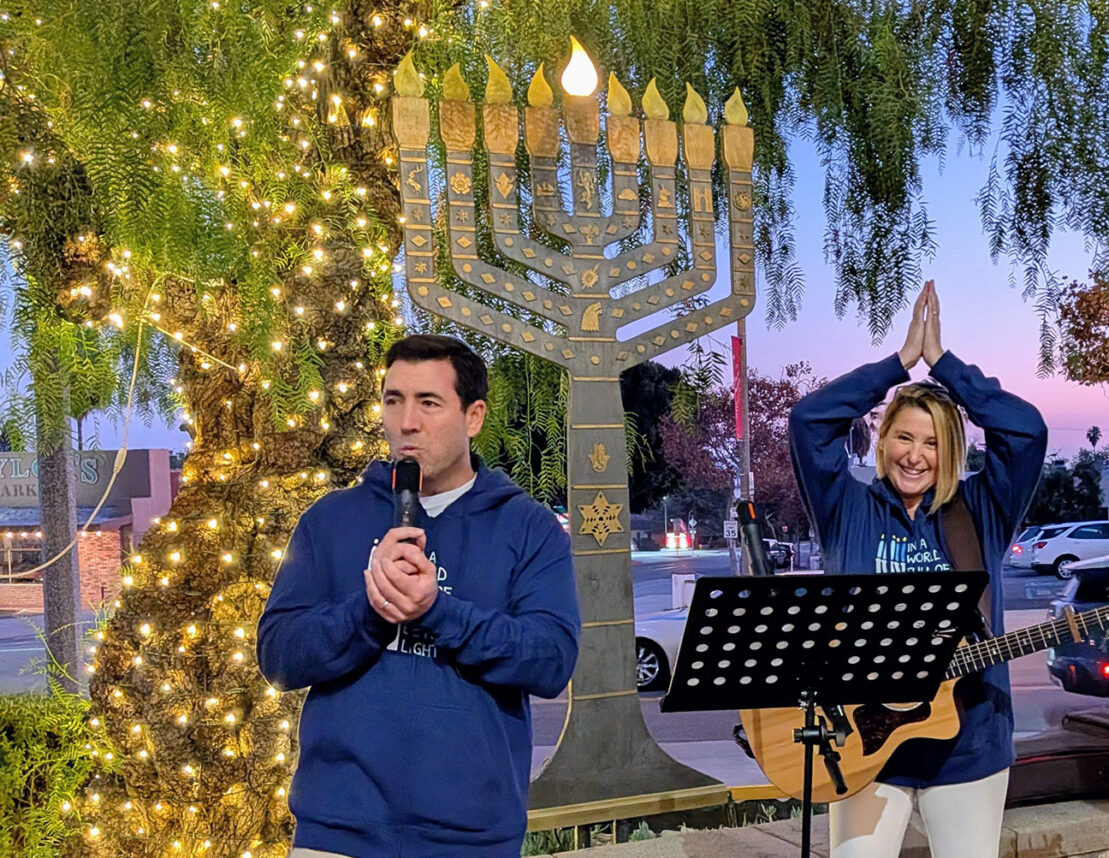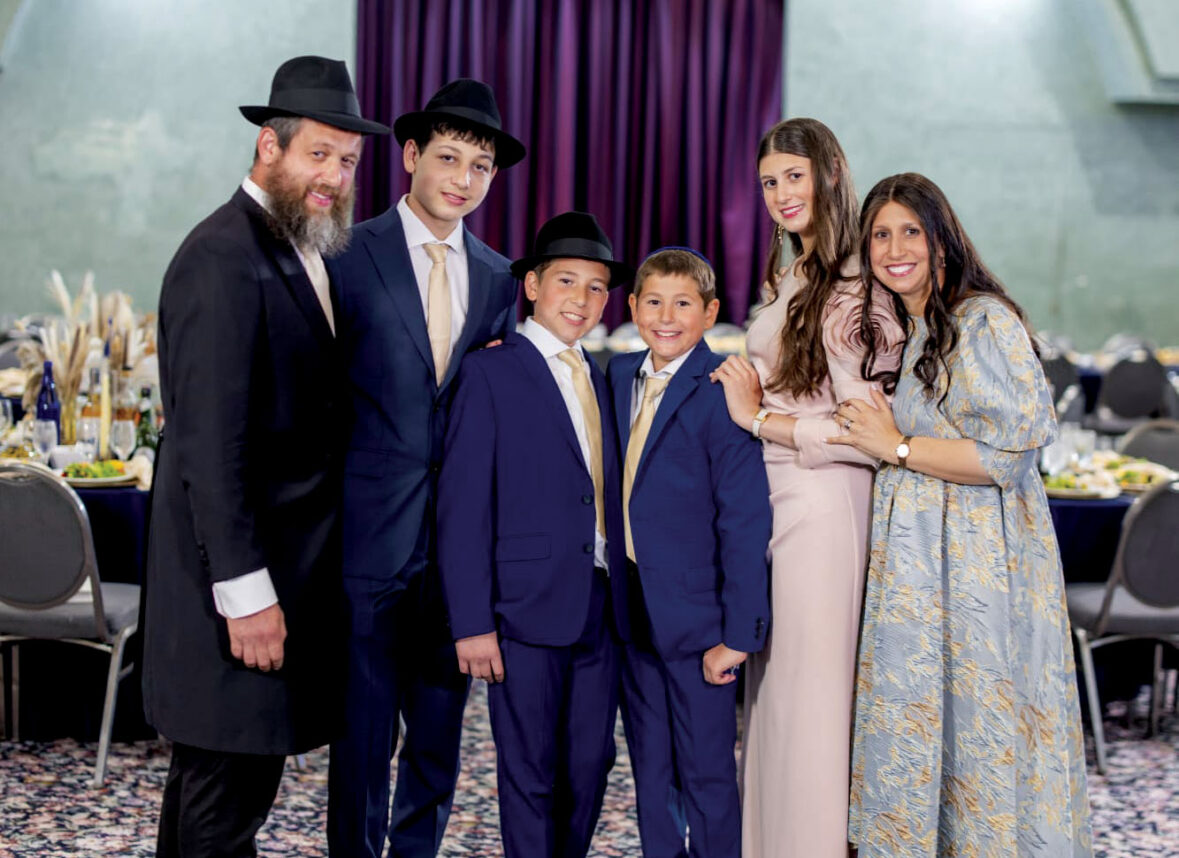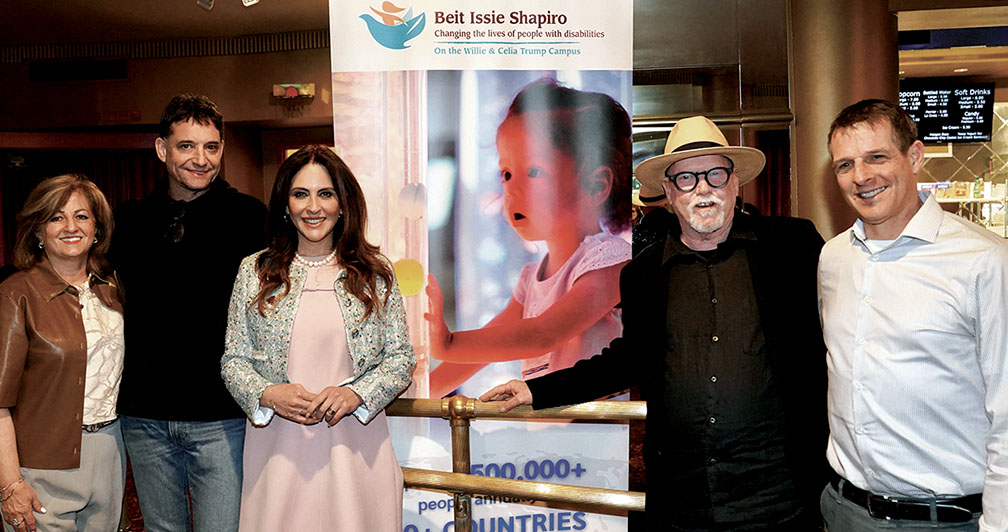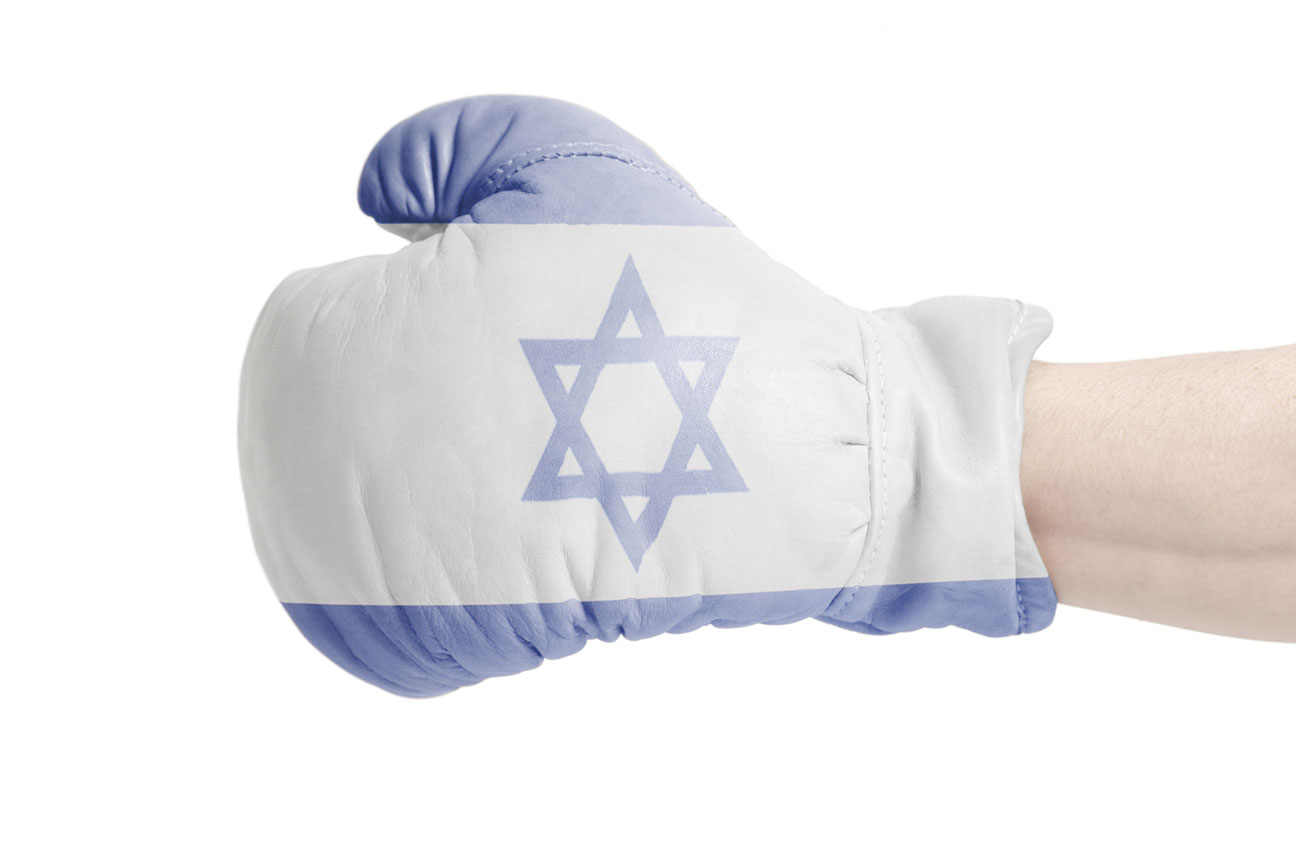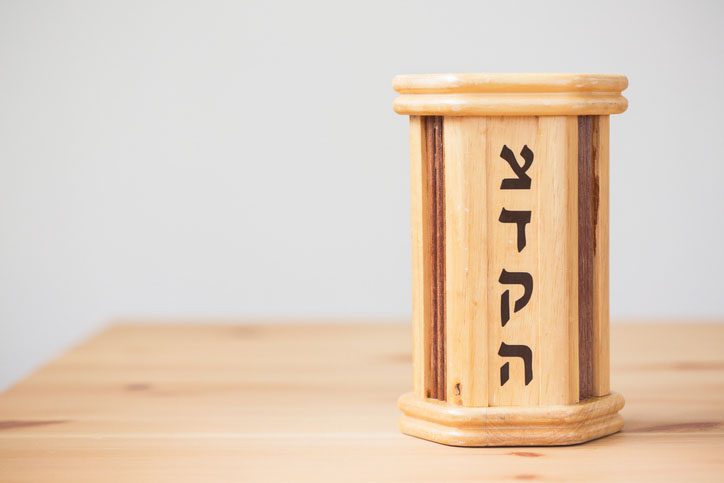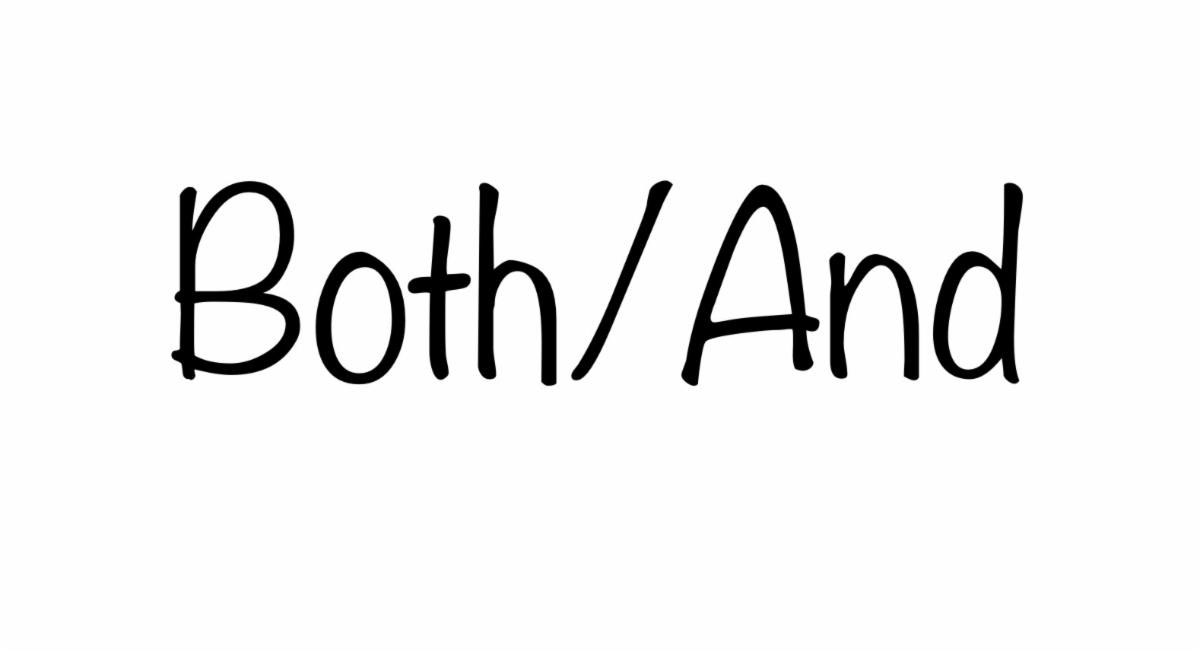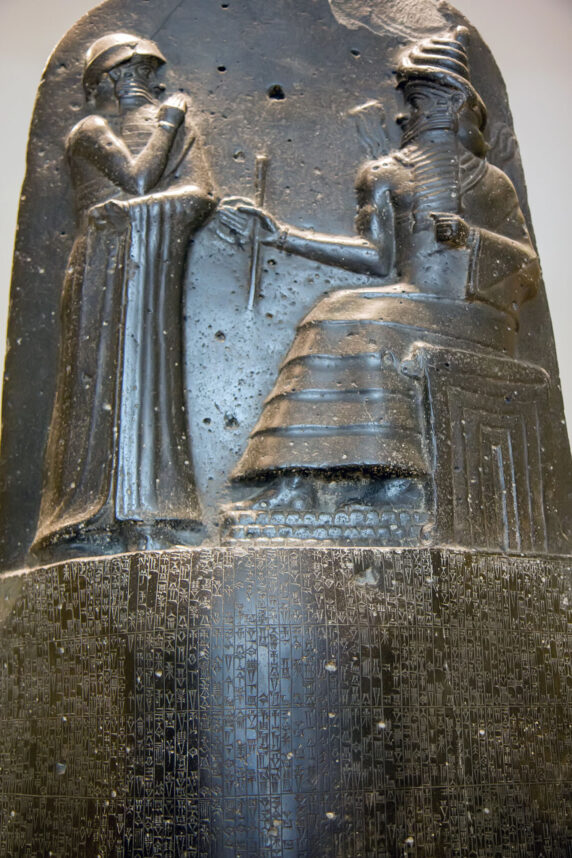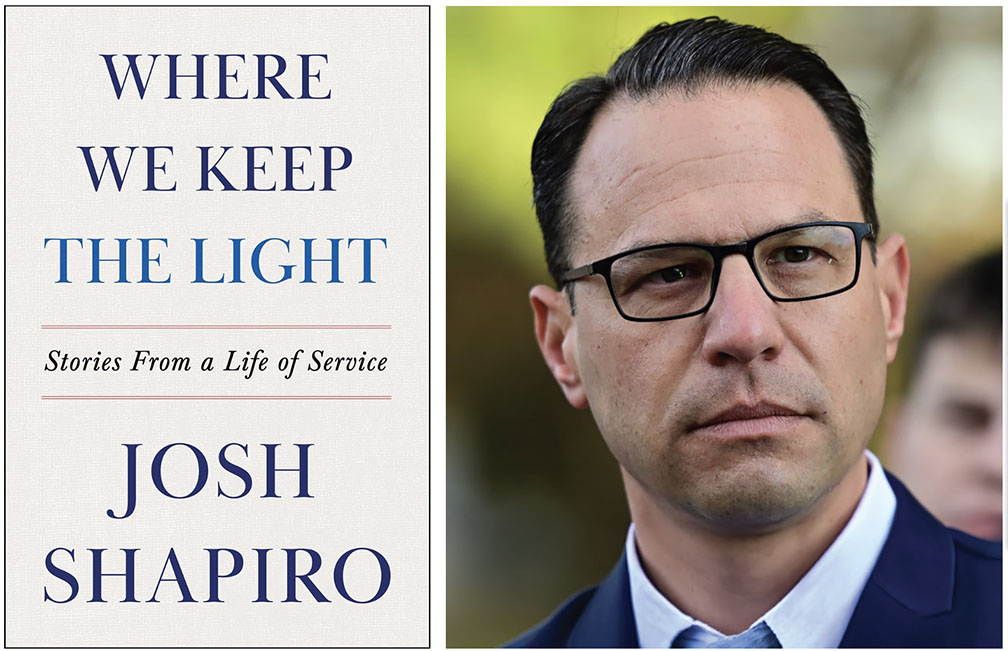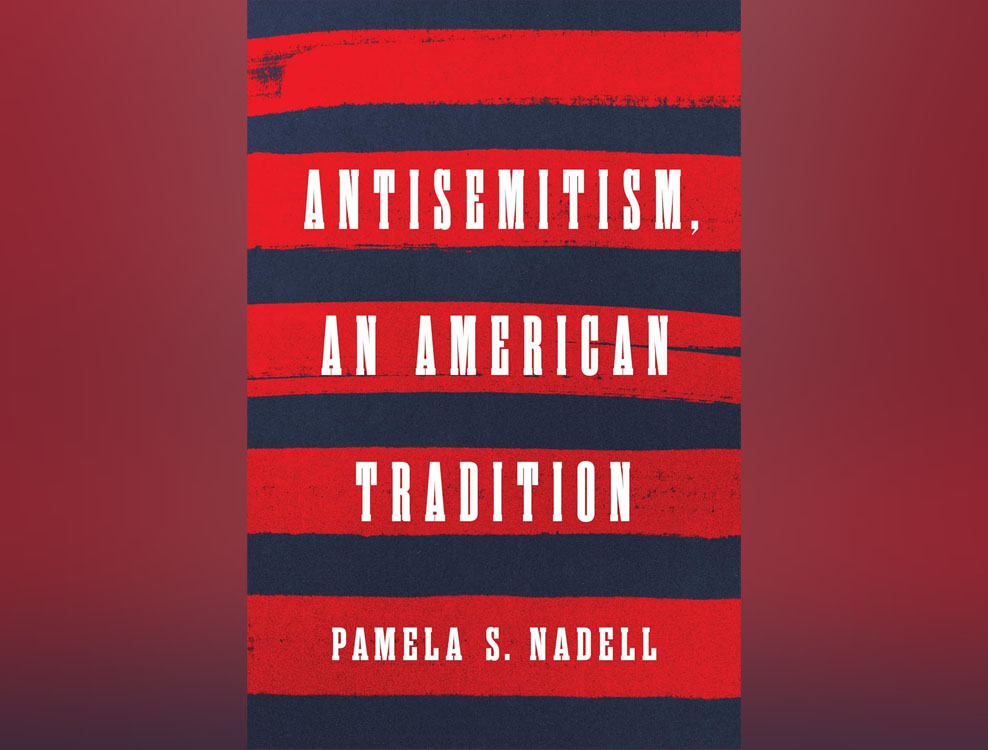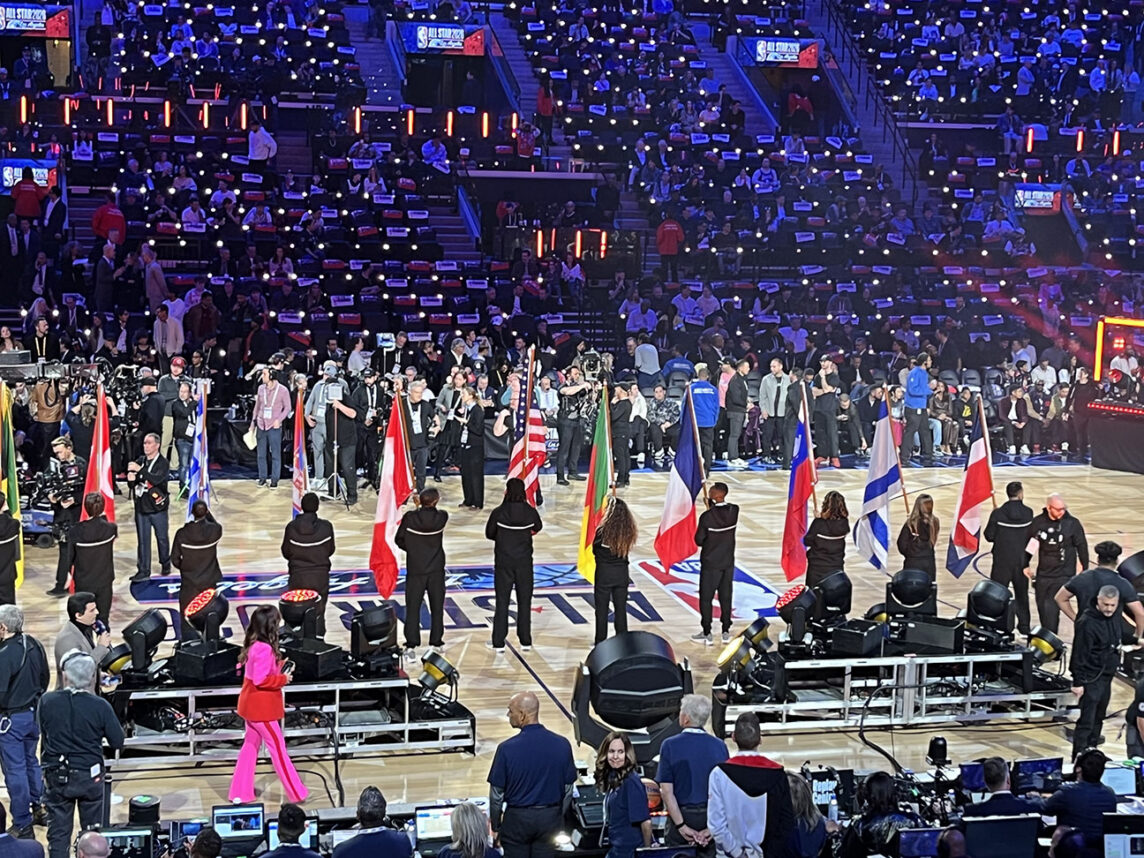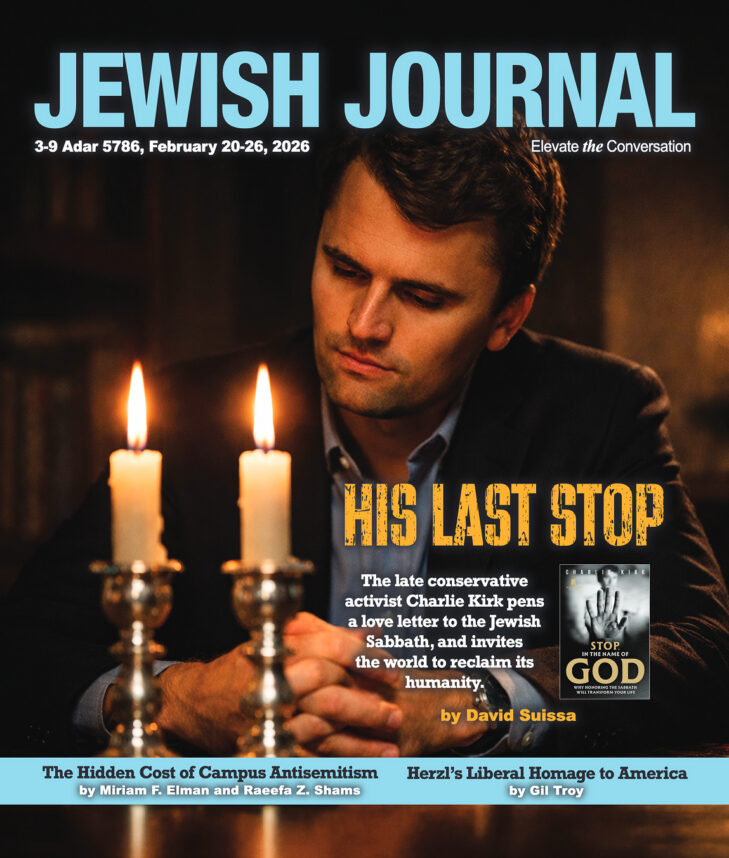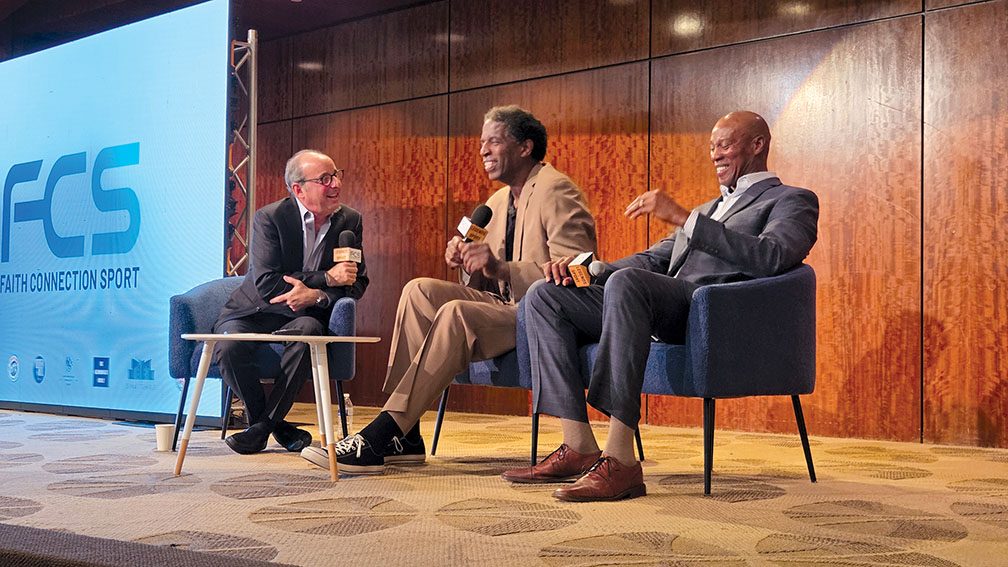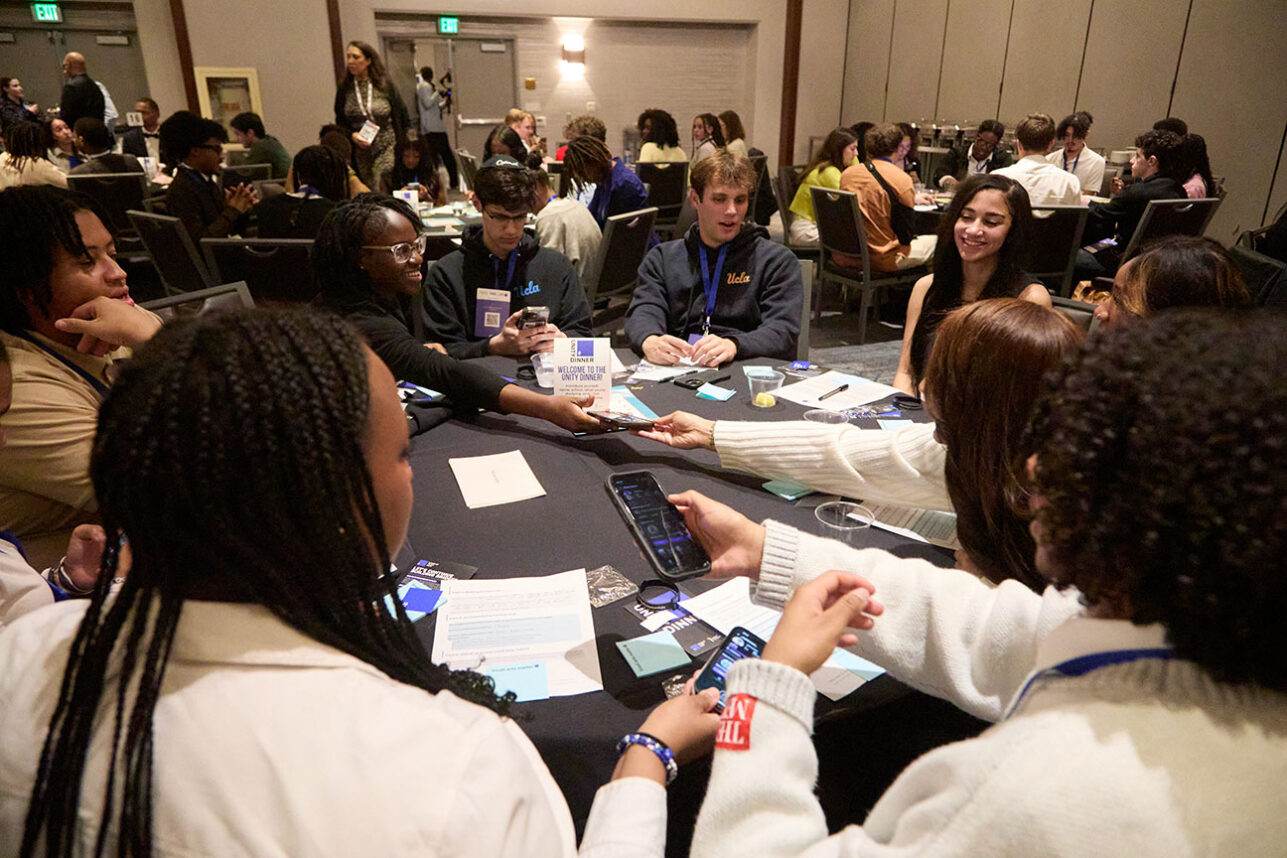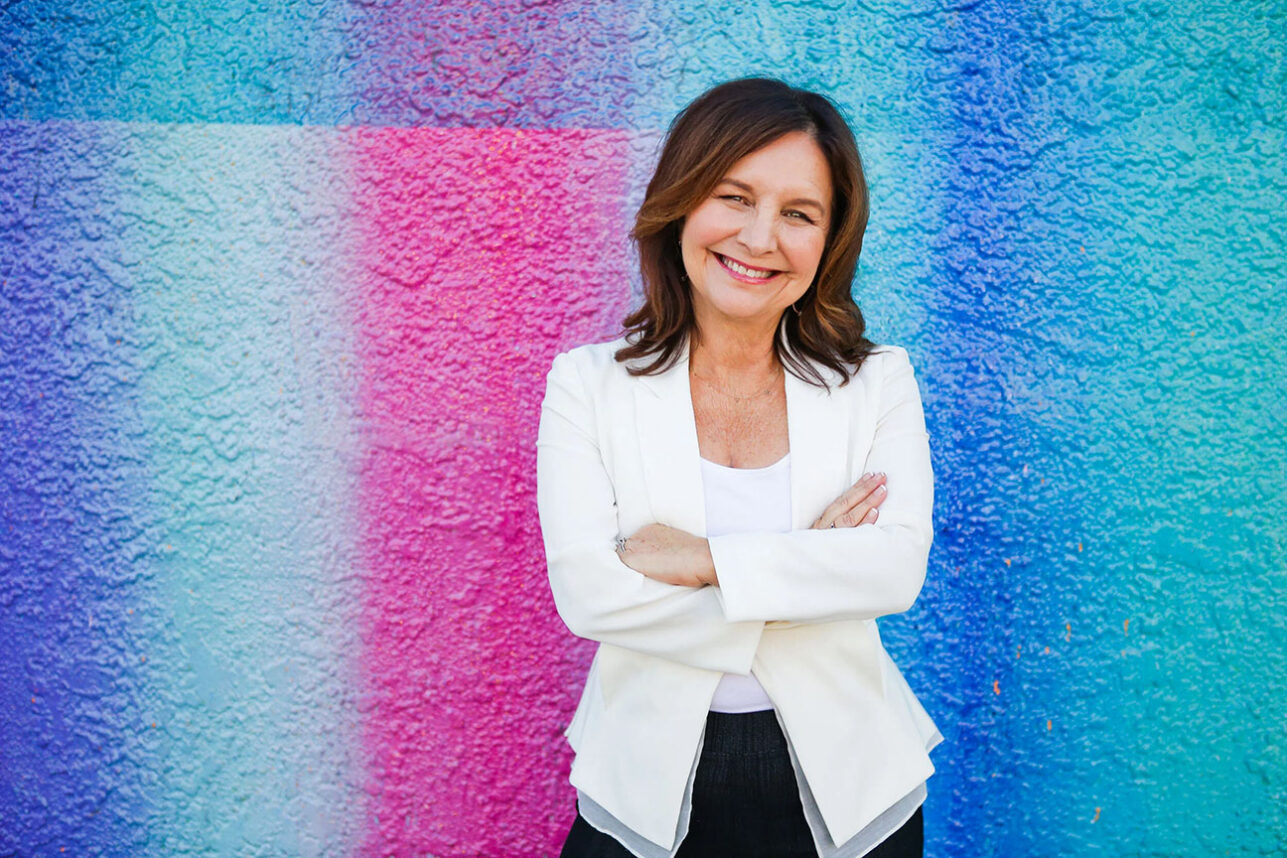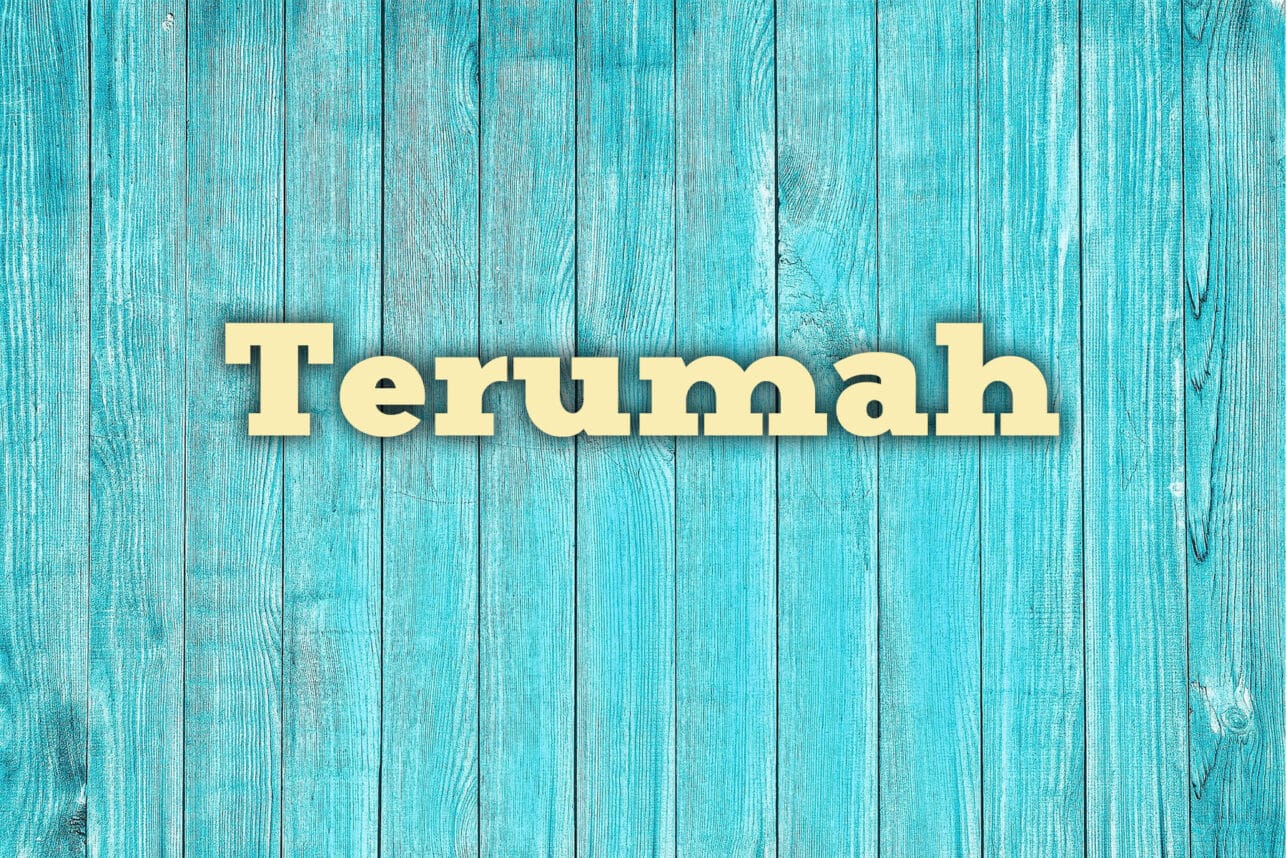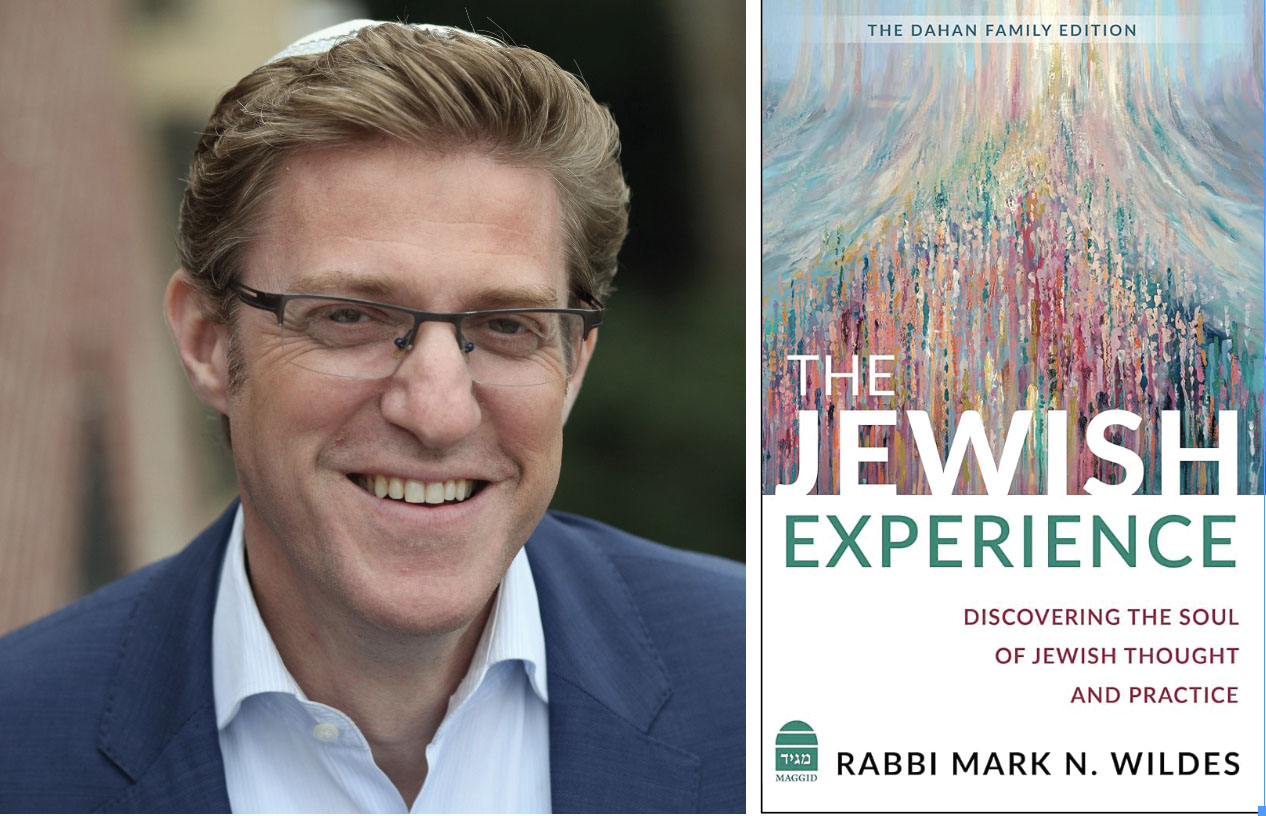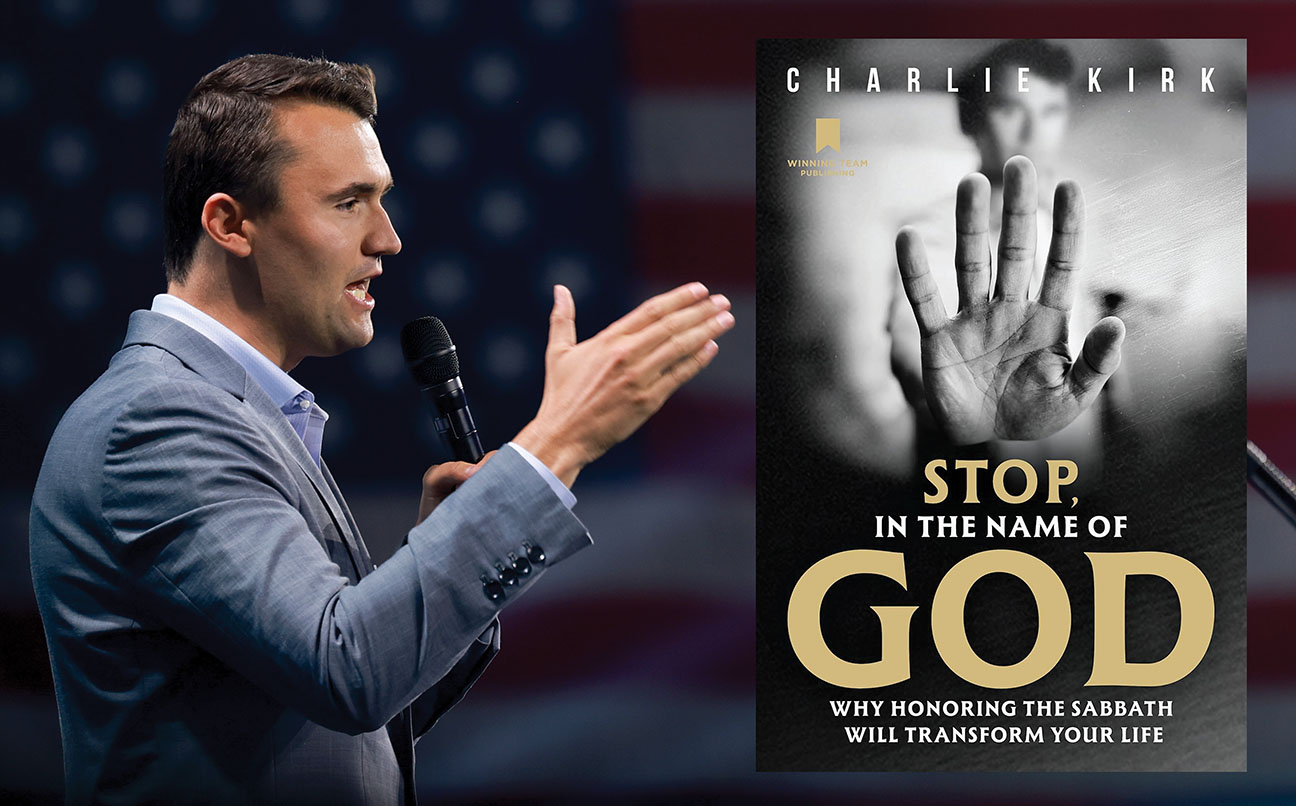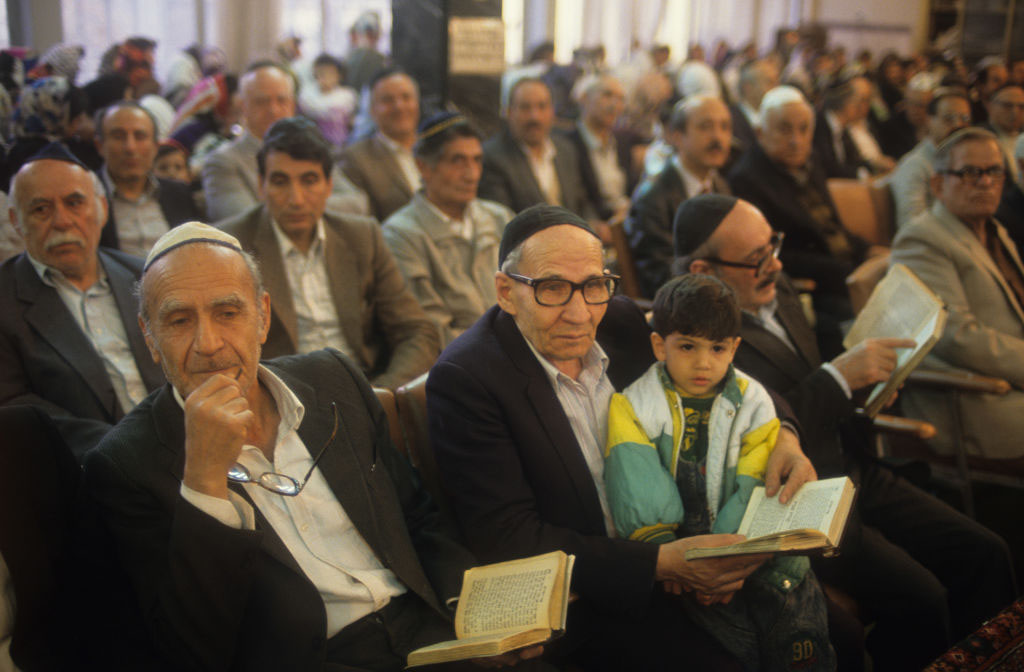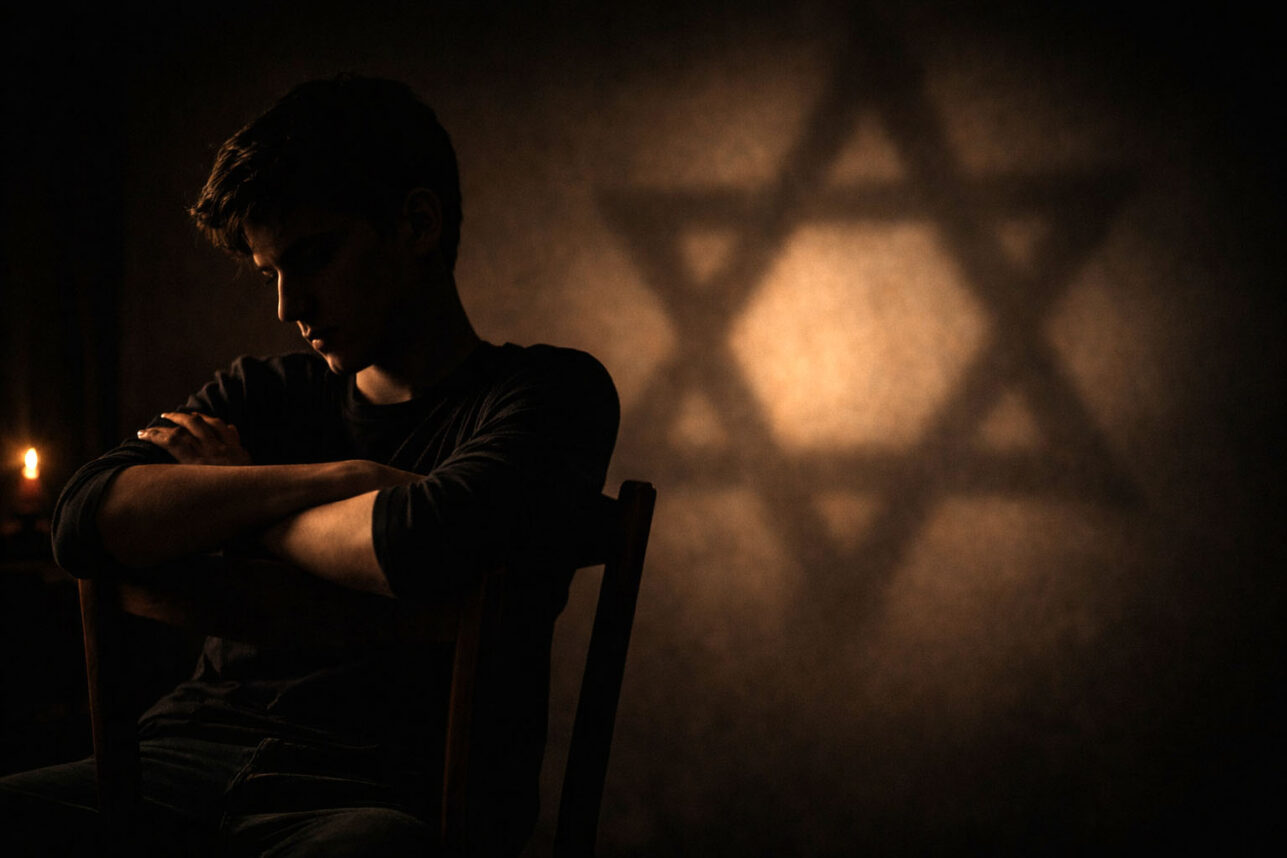Self-actualization can be such a drag.
Just ask the African-American “ex-Chasidic” rapper Yitz Jordan, known to fans as Y-Love, whose religious journey clashed with his human journey when routine bouts of racism and homophobia dented his dignity.
One time, while praying at the Kotel in Jerusalem, he said, a group of black-hatted Jews taunted him by repeatedly calling him “shvartze.” As a black religious Jew, he became used to being served last in the kosher pizza line. Coupled with a decade of suppressing his sexuality to commit to the religious life, he wondered, “Why am I fighting tooth and nail to be a second-class citizen?” After the Kotel incident in 2007, he said, “I took off my bekishe [silk Chasidic coat] in the middle of the street in Jerusalem.”
Jordan isn’t the first Modern Orthodox Jew to struggle with a clash of cultures. Last December, Chasidic reggae star Matisyahu shaved his beard and wrote on his blog that it was an act of “reclaiming” himself.
“I felt that in order to become a good person, I needed rules — lots of them — or else I would somehow fall apart,” Matisyahu wrote.
For Jordan, 34, who decided to become Jewish at 6 years old, after seeing a “Happy Passover” announcement on TV, some of those same rules would prove pointless and oppressive.
The first time I met Jordan, I extended my hand for a shake, but he quickly covered his own hand with his cap so we wouldn’t have to touch. The surface of strict and serious devotion to Jewish law, however, belied a deeper conflict roiling inside. For the public persona Y-Love, halachah offered a means to hide.
“I’ve known I was gay my whole life,” Jordan said during a phone interview last week from Los Angeles, where he is spending the summer. His public coming-out, announced in capital letters on a widely disseminated press release, was vociferous in tone, the potent pronouncement of long-unheard roars.
“I mean, I’ve been wanting to come out for years,” he told me.
The closet was too claustrophobic. Jordan grew tired of “not being able to do the most basic things that heterosexual people take for granted — not being able to date, not being able to say a guy is cute online or leave a comment on somebody’s [Facebook] photo, making sure my friends keep secrets — that’s been the M.O. in my life for a long time. Now this weight is lifted off my shoulders.”
This wasn’t his first time. In middle school, he came out to some close friends, but “trying to get a 13-year-old to swear to secrecy is the same thing as getting a PR agent,” he said. He tried again at 15, coming out to the entire school, but added that “homophobia always sent me back into the closet.”
His first sexual experience, also at 15, ended badly. “I started crying afterward,” he recalled. “I went home and put on Jewish music. I was real depressed. It was like, immediately after sex was over, there was no afterglow; it was like, ‘I’ll never do it again. I’ll never do it again. I’ll never do it again.’ ”
For almost a decade, Jordan said he suffered from intense anxiety and depression. “I was on the antidepressant Lexapro. I wasn’t feeling much of anything. I was just artificially happy all the time.”
As a student at Ohr Somayach yeshiva in Jerusalem, he remembers discovering the text that would change his life, a responsum by the Belarusian rabbi Avraham Yeshaya Karelitz, better known as the Chazon Ish. “Literally, it’s called ‘he who is inserted by his fellow man into his throat,’ about oral sex between two men. It doesn’t say it is permitted, but it doesn’t use the word ‘abomination’ ” — used to describe other acts of homosexual encounter — “and I was so happy, I called my friends in Baltimore. This was the first time I had ever seen a loophole that allowed me to have a sex life within a halachic framework.”
Reconciling the desire for tradition with the opportunities of modern life is an animating force in Jordan’s quest. In his latest music video, “Focus on the Flair,” he alternates between Chasidic costume and drag. In art, as in life, is the ever-present tension between wanting to belong and needing to stand out. Tradition recalls the rewards of community; modernity reinforces the promise of individuality.
“This ultimately boils down to your God-view,” Jordan said. “I believe God is all-knowing and all-understanding. Like, if you’re gonna sit and talk to your therapist, and you think your therapist understands what you’re doing through, then God has to understand.”
Though critics were quick to accuse Jordan of using his coming-out to boost his Y-Love profile, he denied that the announcement was targeted to the release of his new single.
“What, just to get more ‘likes’ on Facebook and viewers on YouTube?” he quipped, adding, “Do I want to become more visible and scream to the world ‘I’m gay’? Yeah. If it boosts my image, that’s wonderful — but I’m out here to change the world, not just sell records.”
As for those in the religious community who have reproved him for repenting his repression, Jordan is not all that bothered. Yes, he’s less observant now and has officially left the Chasidic community. But, he said, “Judaism was in me before I knew what Judaism was. Orthodox Judaism is still my religion. I’m still a Jew, and I still believe in God.”









